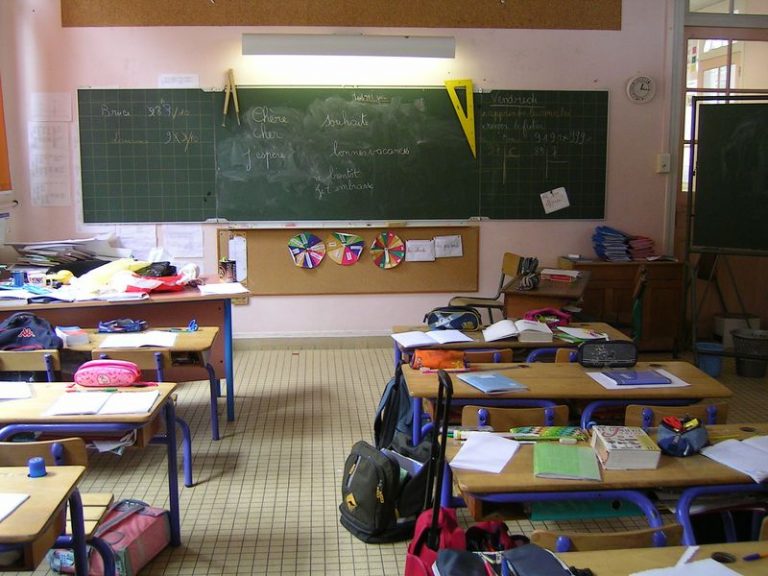Education in France

A general outline of education and schooling in France
This guide on education and schooling options in france, aims to give you a basic outline. The education system is continuing changing, with new options always being added or changed, but this shouls at least be able to give you a general outline.
Every child living in France is required by law to attend school from the age of six to sixteen. Young children from the age of two and a half can either attend a nursery school for a period of two to three years or some public schools have a younger section where children can attend part time or full time with a sleep session in the afternoon. (Note: The child must be dry before they can attend) At the age of six, children enter primary school, for an average of five years: –
*Preparatory class – One year
*Intermediate class – Two years
*Elementary class – Two years
Around the age of eleven, children begin their secondary education, at the college for an average of four years. During these four years pupils learn French, Mathematics, History, Geography, Latin and one or two modern languages Sport, Art and Music.
Regular exams are carried out during this period at the end of each school year which determines if they progress up to the next level or have to redouble the year. At the end of their time at college, students take the Brevet des collèges.
Most children at this stage normally progress up to the Lycee for approximately three years. At the end of this period they should have a diploma called the: – Baccalaureate, or known simply as the BAC. Students can either take a BAC S, BAC ES or BAC L depending on their abilities and the career path they want to follow.
The other option for some children who perhaps struggle with study and prefer a more practical approach, there are alternatives that offer Apprentices. Students normally obtain a CFA, CAP or BEP.
Whichever option you decide, all choices all lead back to the Baccalaureate or BAC Pro.
The choices after Lycee are numerous for students, including University to get a License 5degree) or to study more specialised subject matter and obtain a BTS.
(The above outlines the obligatory free state system in France).
The religious schools have the same educational program. The teachers are paid by the state and the cost involved in this type of education is reasonable and can be paid for monthly. The difference between the public schools and the religious schools varies from village to village, town to town. Some prefer the Public schools out of principle, and others prefer one school over another because it offers better quality of education.
To determine this, the best option is to ask other parents for their opinion and visit the schools available to you.
Private schools are not subsidised by the state at all and use different teaching methods.
Any pupil attending a French school is assured of a good education. The French student has to work a long day, do loads of homework and is encouraged to receive an excellent education.
